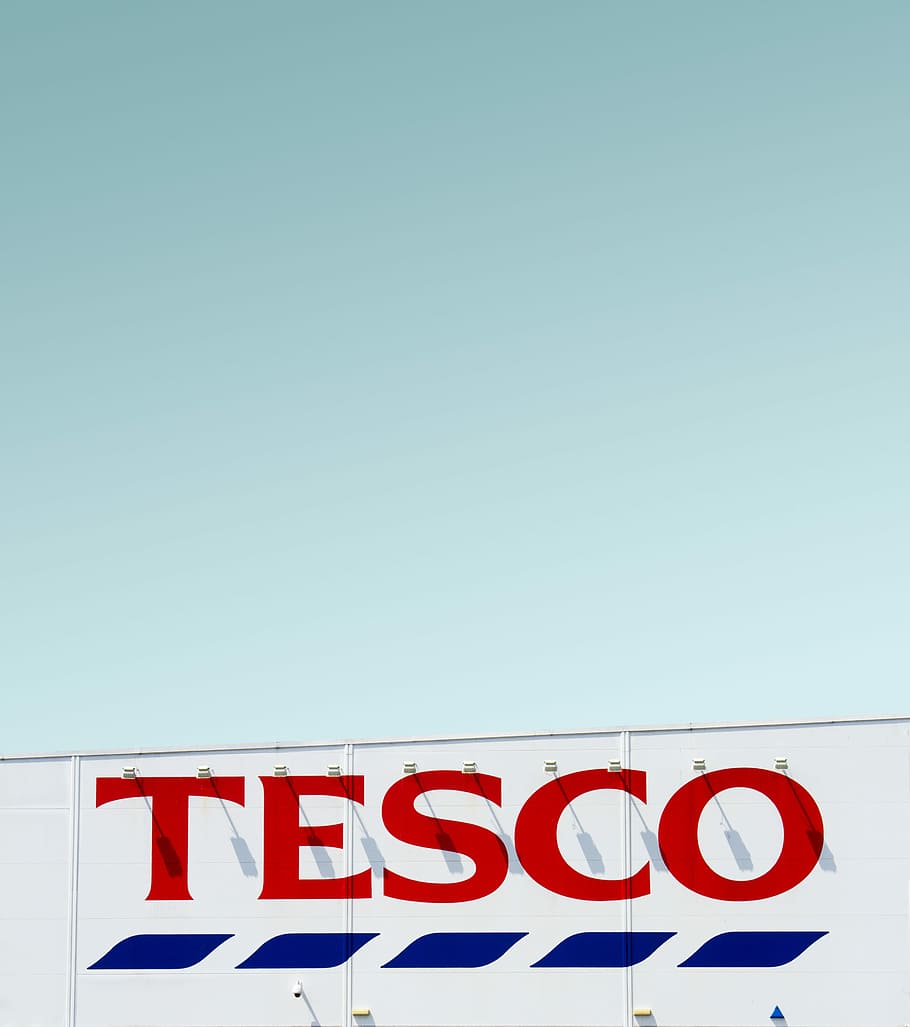Richard Turnbull: The Moral Case for Tesco’s Dividend

Lord Adonis has called for the chief executive of Tesco to resign. He argues that Tesco is using £585m of state aid in business rates relief to pay its shareholders a dividend of £635m.
This is exactly the sort of false linkage that damages the case for ethical business.
There is an absolute moral obligation on Tesco to pay a reasonable and responsible dividend to its shareholders. There is a similar moral obligation on the company to protect its workforce, ensure its supply chain is in robust shape, to continue to sell goods for profit and, of course, to comply with government directives and play its part in responding to the national crisis. The two belong together. You cannot argue morally that the providers of capital to the business have a lesser claim to a return than other stakeholders. This is a common error of advocates of stakeholder theory. I have much sympathy for the principle that there are a variety of stakeholders in a business and all have proper claims. However, many advocates of ‘moral business’ seem to think that all other stakeholders have a prior claim over that of capital. That rather invalidates any claim to moral and ethical approaches to business.
Here are 5 reasons why Tesco’s payment of a dividend to its shareholders is a moral claim.
- – The shareholders have provided the capital to ensure Tesco is in a position to respond to the national need
- – The shareholders have provided the capital base to see Tesco through several difficult years without any dividends
- – Tesco can only support its workforce and supply chain due to the support of the shareholders
- – The payment of the dividend relates to the profits of the previous year. Tesco has a moral responsibility to provide a reasonable and responsible return to the providers of capital
- – The payment of the dividend supports the savings and pensions of millions of people
But what about the company taking the business rates relief at the same time as paying last year’s dividend?
The first point here is the false linkage. The argument is that same as that Tesco should not accept £585m of state aid while it continues to charge the full price for a toilet roll. The two matters (state aid and dividends, state aid and product pricing) are simply not connected and it is not a moral argument to do so.
The second point is that Tesco have stepped up to the mark in this crisis in a number of ways including:
- – Providing thousands of extra jobs in its stores, warehouses and distribution network saving the state millions of pounds in welfare and support payments
- – Reshaping its supply chain in order to be able to continue to provide essential goods for the consumer in this time of economic and social distress
- – Play its part in the wider community response with priorities given for health workers and in charitable donations to community and national charities
Tesco may have a good or a bad year ahead. They probably don’t know. There have been extremely high increases in demand but there has also been a significant increase in costs to meet those demands and government expectations.
To take the business rates relief can only be properly assessed against the matched additional costs incurred and the savings to the exchequer in providing temporary work to those who might otherwise have a claim against the state. The shareholders’ entitlement to dividend and its level for the next year can only be assessed once results are known. At that point, as now, any dividend payable would need to be responsible and proportionate.
Advocates for moral business behaviour, and I am one, need to understand that making false links damages the wider case. There are a wide range of responsibilities on business. Exploitation of the workforce or disregard for the communities in which business is set or extreme examples of reward for poor performance or, yes, excessive dividends unsupported by the company’s performance are all examples of behaviour’s deserving of criticism.
However, this is simply not the case in this situation. In fact, rather to the contrary.
Tesco should not only pay the dividend, they should do so with enthusiasm and not be rolled over by self-important commentators. Taking the state aid is irrelevant to the payment, or otherwise, of the dividend.
The nation should thank Tesco (among others) for their moral and ethical response to the national crisis. A fine example of moral responsibility in the market economy.
 Dr Richard Turnbull is the Director of the Centre for Enterprise, Markets & Ethics (CEME). For more information about Richard please click here.
Dr Richard Turnbull is the Director of the Centre for Enterprise, Markets & Ethics (CEME). For more information about Richard please click here.
